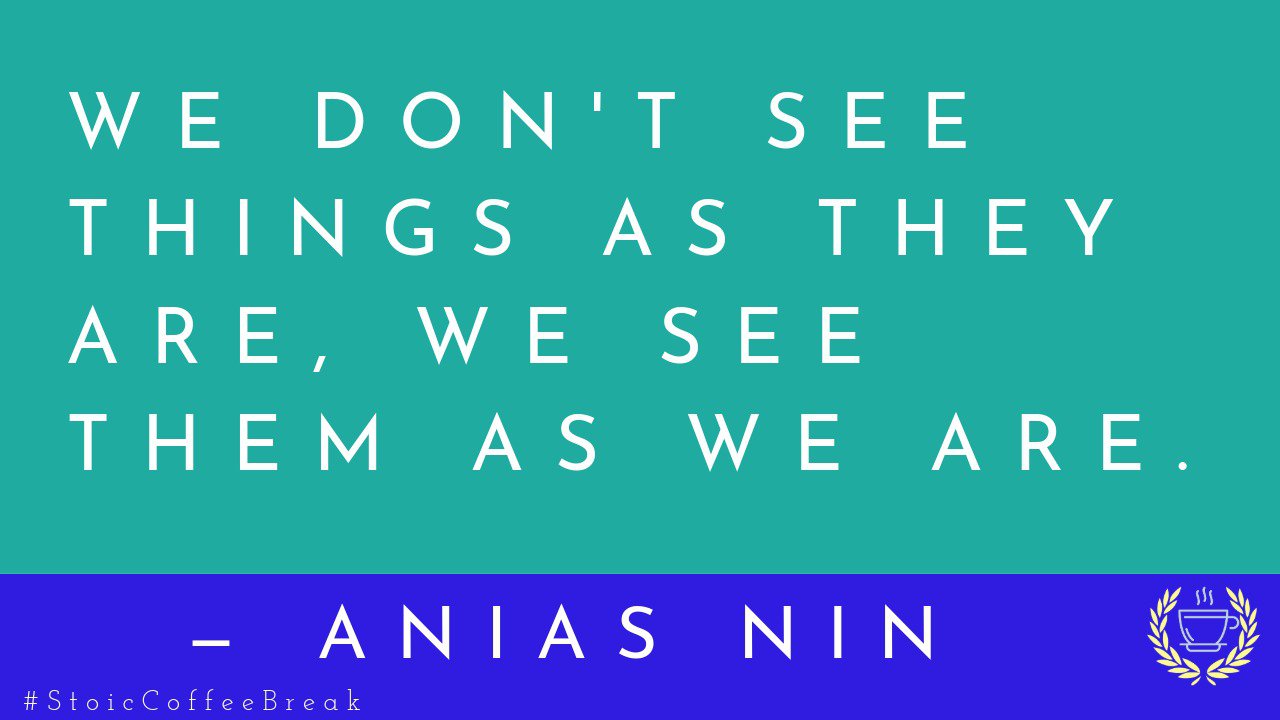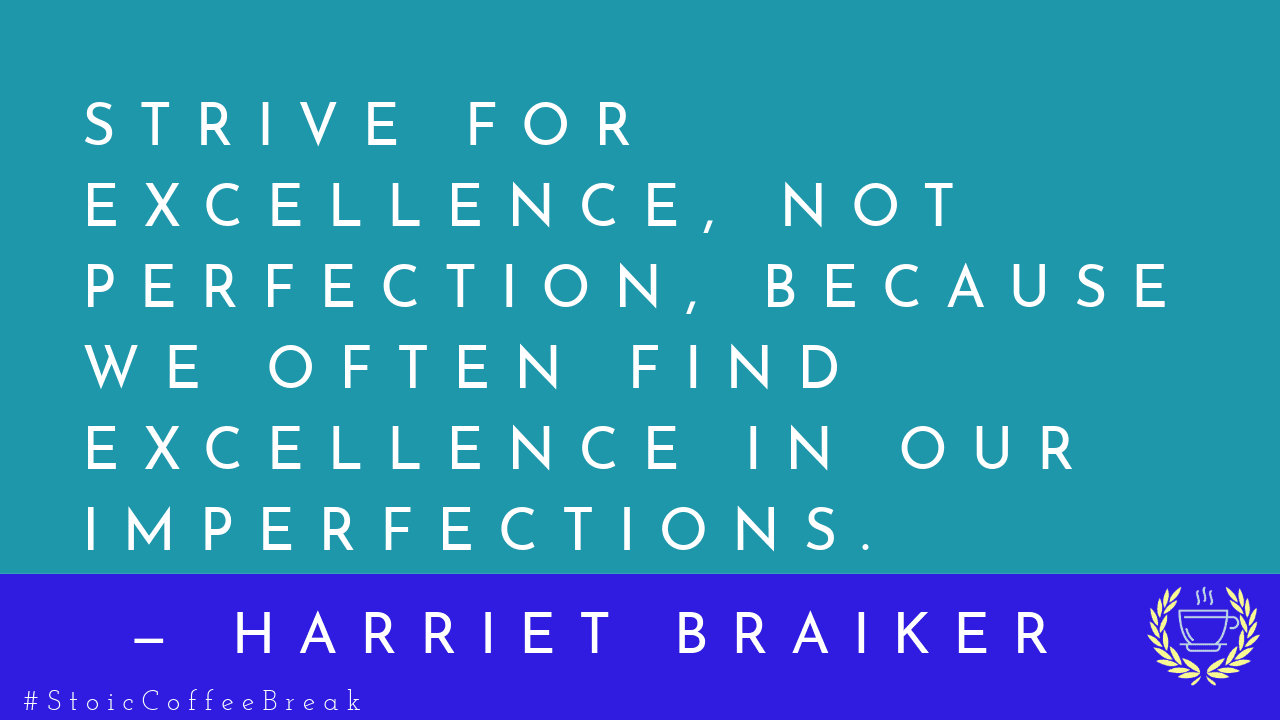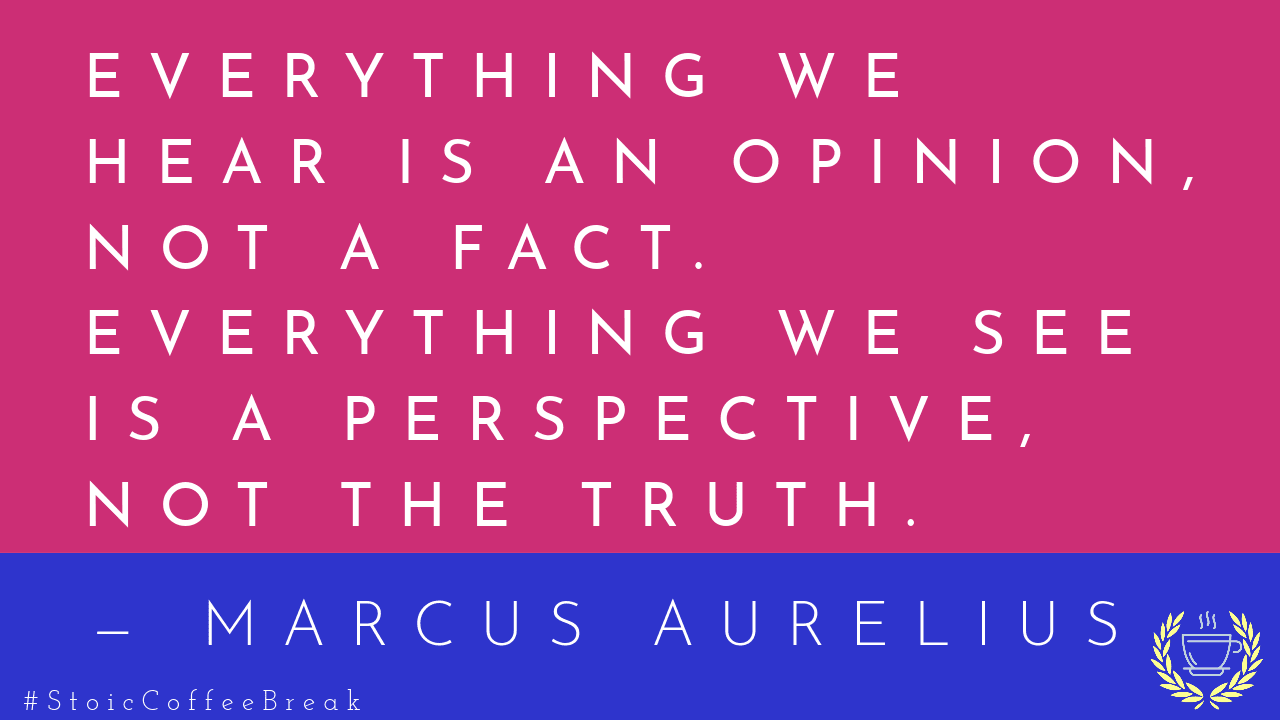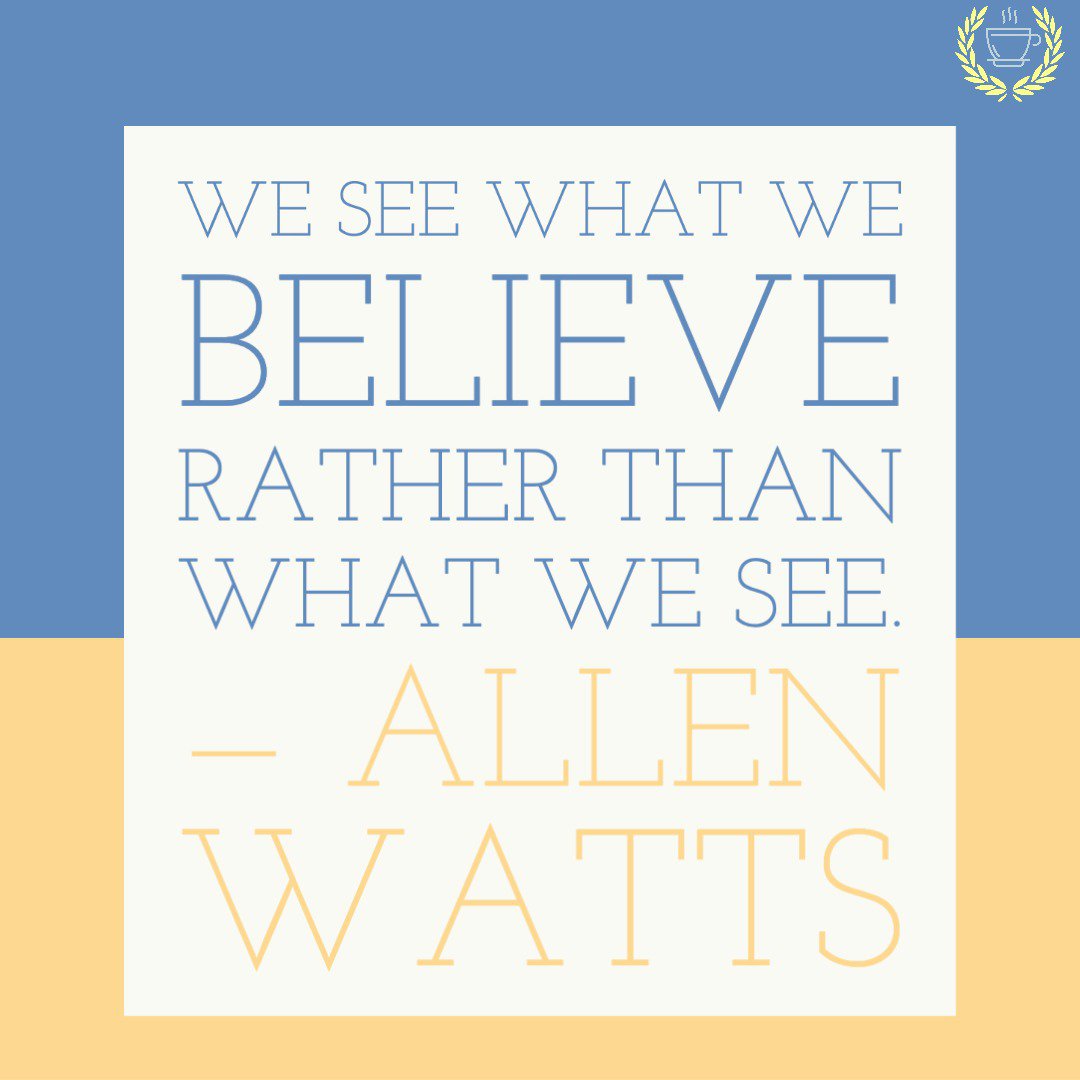Tag: perspective
-

293 – Perspective is Reality
In this episode we dive into the fact that our reality is not an objective construct; it is a subjective experience shaped by our individual perceptions. These perceptions are the lens through which we view the world, influenced by our beliefs, past experiences, and emotional states. Our perceptions profoundly shape our reality, molding our experiences,…
-

291 – Finding Your Genius: Flipping Your Flaws Into Features
“Strive for excellence, not perfection, because we often find excellence in our imperfections.” —Harriet Braiker Discover the transformative power of viewing your traits through a new lens. In this episode we explore how what we see as weaknesses can actually be strengths in disguise, urging us to shift our perspective and embrace our unique attributes…
-

279 – Not True But Useful
“Everything we hear is an opinion, not a fact. Everything we see is a perspective, not the truth.” — Marcus Aurelius Can you hold beliefs that are not true, but are useful? The idea of “Useful, Not True” suggests that our perspective on something doesn’t have to be true, as long as it’s useful. Let’s…
-

241 – Mind Over Mood: The Stoic Art of Reframing
“It is not the things themselves that disturb people, but their judgments about these things.” — Epictetus. “We see what we believe rather than what we see.” — Alan Watts. One of the things we talk about a lot in stoicism is that it’s our perspective on something that causes our distress. So how do…
-
144 – Emotional Management
When was the last time that you felt a really strong emotion? What was that emotion? Gratitude? Joy? Anger? Jealousy? Emotions are a powerful force in our lives. When channeled properly, they can be the fuel that helps push us through to accomplishing what we want. They can also drive us in ways that we…
-
129 – Opinions and Perspective
“Everything we hear is an opinion, not a fact. Everything we see is a perspective, not the truth.” ― Marcus Aurelius Show Notes: – So many things in our lives that we experience and accept to be “true” is simply a matter of perception.– Often we make the mistake of thinking that just because…